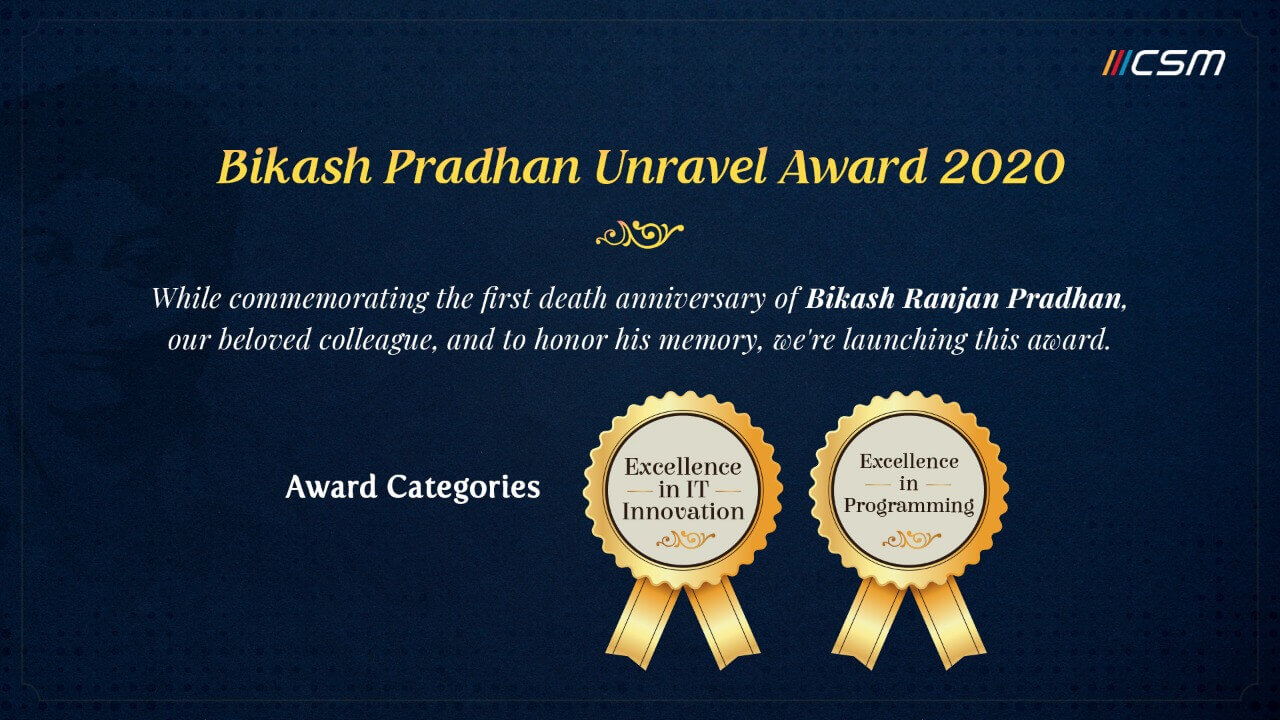This signifies the importance of the quality of seed. Seed & its quality are the most crucial and important input for increasing crop production. It is the cheapest yet the key input to agriculture progress. And seed certification is a set of measures that checks the quality of seeds in the course of their production, procurement, storage, and preparation for planting.

The genesis of seed certification can be traced back to 1869, when a German scientist F. Nobbe organized a seed-testing station in Tharandt (Saxony) to identify the reason behind the contamination of the seed and find out the solution for it. And that’s how the concept of seed certification emerged as a standard procedure to ensure the quality of seed.
Let’s look at why you need high quality seeds and its certification?
Improved seeds work as a basic tool for a secure food supply and is the principle means to obtain crop yields in less favorable production area. As there is a need to double the food production in order to feed 9.3 billion people by 2050, higher seed quality is the way out. Besides, the availability of certified high quality seed to the farmers ensures sustainability of increased agriculture production and food security as well.
Quick Facts: The global seeds market size is estimated to account for a value of USD 59.3 billion in 2020 & projected to grow at a CAGR of 6.4% to reach a value of USD 80.9 billion by 2025!
Digitalization- A strong backbone of standardization
Both the bodies; the International Seed Testing Association (ISTA) at the global level and National Seeds Corporation (NSC), India, play pivotal role in establishing standard seed certification guidelines to be stringently followed by the seed growers & traders. But lack of procedural efficiency, pose challenges in terms of monitoring, coupled with duplication of certification & absence of accuracy in market data. This necessitates digital transformation to strengthen the process for seed testing and certification to match international protocols with improved accuracy expeditiously.
Digital Transformation provides mechanism to identify authentic seed growers & producers, increases the speed & procedural efficiency and facilitates traceability of certified seeds from production to market.
Two success stories of automation that has optimized the process yielding high results:
Kenya : The web-based Seed Certification and Plant Variety Protection System (SC-PVP) adopted by Kenya Plant Health Inspectorate Service (KEPHIS) is a fine example of automation. It caters to 2000 seed growers in 47 states. The system ensure inclusive approach for the key stakeholders through greater operational autonomy, access to timely & right information and transparent transaction.
India : A similar case of successful implementation of Seed Certification automation is for the Bihar State Seed & Organic Certification Agency (BSSOCA). The system functions in 38 districts, facilitating nearly 30 thousand registered farmers & 375 seed producers with smooth transaction, greater accessibility to adequate information and ease in the process of seed certification. It ensures complete transparency in the production to market value chain (including export).
The cases inspire replication to be timely adopted by similar systems seeking optimization for effective implementation of the global seed certification standard. So it can be rightly said that if one sows the seed of digital transformation at the right time, it can yield the benefit of seamless process of seed certification ensuring sustainable availability of high quality seeds.









































We will verify and publish your comment soon.